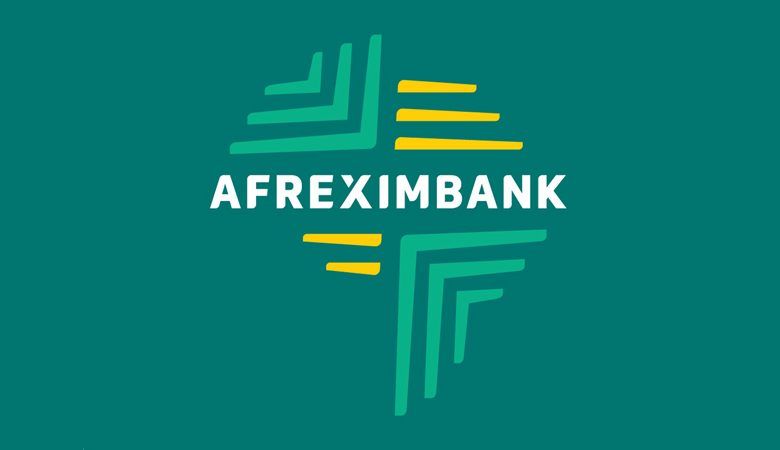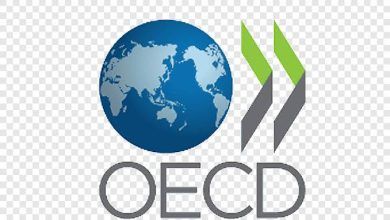
The African Export-Import Bank (Afreximbank) has flagged the recent suspension of assistance from the United States Agency for International Development (USAID) as a development that has intensified Nigeria’s fiscal vulnerabilities, urging policymakers to swiftly explore alternative funding avenues.
In its April 2025 Market Insights Report, the trade finance institution provided a sweeping review of macroeconomic dynamics across Africa, emphasizing how mounting fiscal pressures and global volatility continue to challenge national budgets and economic resilience on the continent.
For Nigeria, which is already grappling with a projected fiscal deficit of 3.89% of GDP in its 2025 budget, the withdrawal of USAID support adds to its burden and underscores the urgency of finding sustainable financing models, the bank said.
“The recent suspension of USAID assistance further compounds Nigeria’s fiscal challenges,” the report stated.
“This necessitates alternative funding mechanisms such as domestic borrowing, multilateral support, and enhanced revenue mobilisation through taxation and economic diversification initiatives.”
Global Growth Moderate, But Risks Loom
While the global economic outlook for 2025 remains cautiously optimistic with moderating inflation and steady growth, Afreximbank noted several emerging risks that could derail recovery, including geopolitical tensions, volatile commodity prices, and divergent monetary policies in major economies.
The bank flagged the U.S. Federal Reserve’s recent policy shifts as a potential disruptor, especially after America recorded its highest consumer price surge in 17 months, fueling expectations of further interest rate hikes.
Such monetary tightening, Afreximbank warned, could lead to:
- Reduced global liquidity
- Higher borrowing costs
- Capital outflows from emerging and frontier markets including Nigeria
Oil Price Slump Raises Concerns for African Exporters
The report also observed instability in global commodity markets, noting that crude oil prices dropped to $70 per barrel in February, driven by speculation around easing sanctions on Russian oil exports. While beneficial to oil importers, this could dent government revenues in oil-exporting nations like Nigeria.
Naira Strengthened by Strategic Reforms
On the currency front, the report highlighted divergent exchange rate trends across Africa. Nigeria was listed among a few countries alongside Egypt, Angola, and Morocco where currency appreciation was observed, attributed to targeted policy actions by central authorities.
Nonetheless, Afreximbank cautioned that broader depreciation trends remain a concern due to the resilience of the U.S. dollar, shifting trade flows, and fluctuating investor sentiment.
“Addressing currency volatility remains a priority for policymakers to ensure macroeconomic stability,” the report said.
Weak Governance and Security Risks Threaten Economic Confidence
Afreximbank concluded that poor governance, electoral tensions, and ongoing security challenges remain persistent threats to economic progress and investor confidence in Africa.
“Territorial disputes, terrorism, and electoral uncertainty continue to erode stability and stall growth,” the bank warned.
To mitigate these risks, the bank urged African governments to strengthen governance structures, foster regional cooperation, and reinforce security architecture to build a more predictable and investment-friendly environment.





